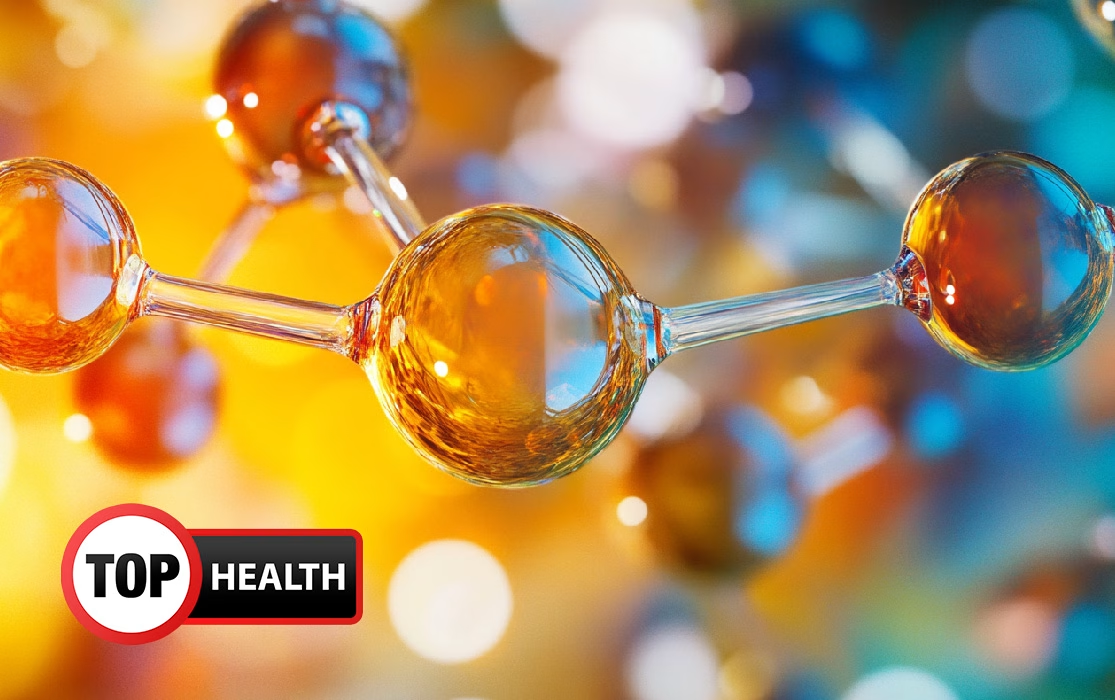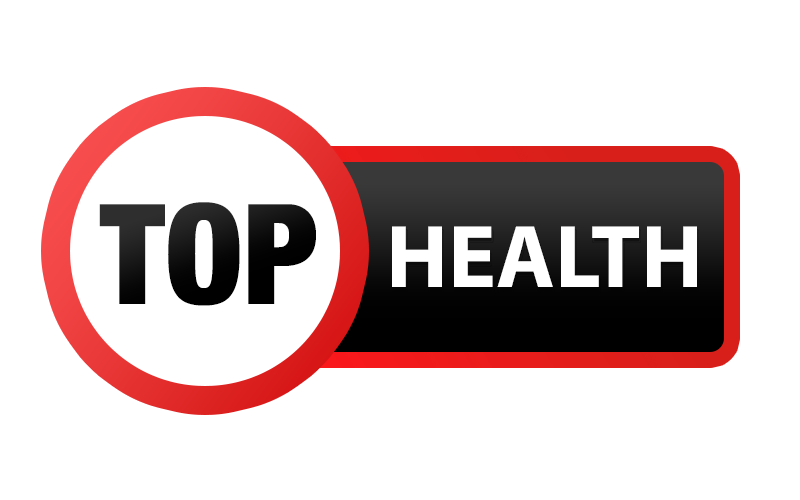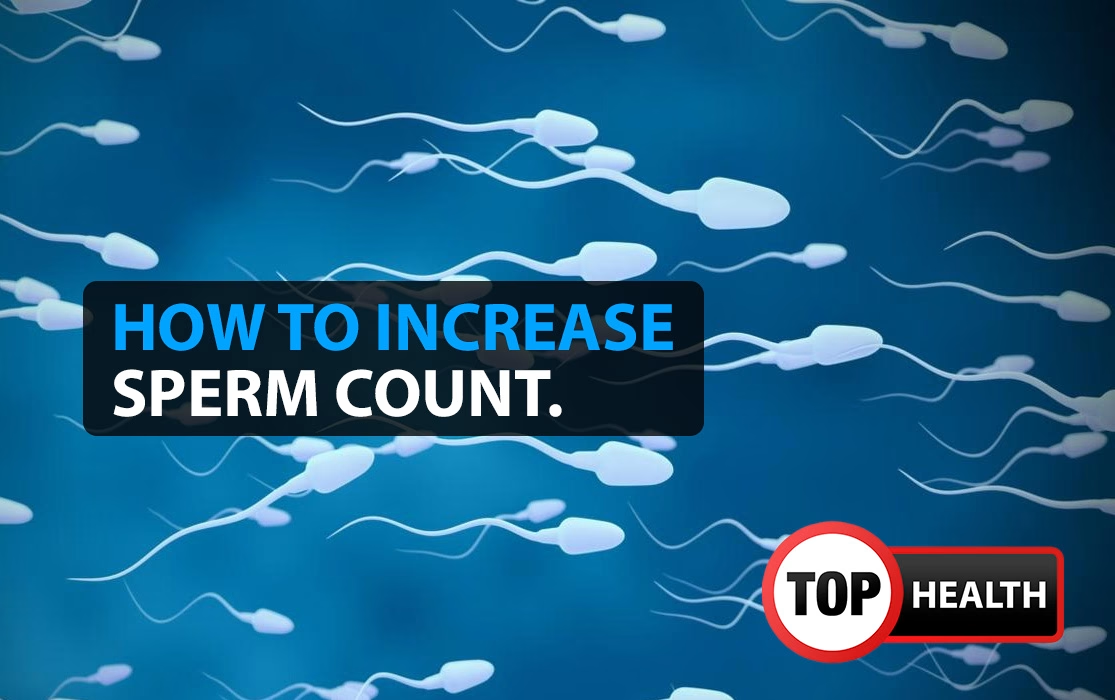When it comes to male fertility, sperm count is a big deal. Many guys wonder how they can boost their sperm count naturally, and the good news is that simple lifestyle changes can make a huge difference. From catching enough Z’s to eating the right foods, let’s break it all down in a way that’s easy to understand and act on.
1. Sleep: Your Secret Weapon for Better Sperm
You might not think sleep has much to do with sperm, but it’s a game-changer. Studies show that men who don’t get enough sleep (less than 6 hours a night) often have lower sperm counts and poorer sperm quality. Why? Lack of sleep messes with your hormones, including testosterone, which is crucial for sperm production.
What to do: Aim for 7-9 hours of quality sleep every night. Create a bedtime routine—turn off screens, keep your room cool, and try to go to bed at the same time each night. Your body (and your sperm) will thank you.
2. Eat Your Way to a Higher Sperm Count
What you eat directly impacts your sperm health. A diet rich in vitamins, minerals, and antioxidants can boost sperm count and motility (how well they swim). Here’s what to focus on:
a. Load Up on Antioxidants
Antioxidants fight off free radicals, which can damage sperm. Foods like:
- Berries (blueberries, strawberries, raspberries)
- Nuts (walnuts, almonds)
- Dark leafy greens (spinach, kale)
are packed with antioxidants like vitamins C and E, which protect sperm and improve their quality.
You should read our article on Foods That Cure Premature Ejaculation, even if you long last in bed already, you will find more food and fruits that help boost your Anti-oxidants and your testosterone levels.
b. Don’t Skip the Zinc
Zinc is a superstar for sperm production. Low zinc levels are linked to lower sperm counts. Add these zinc-rich foods to your diet:
- Oysters (the ultimate zinc powerhouse)
- Pumpkin seeds
- Beef and chicken
c. Healthy Fats Are Your Friend
Omega-3 fatty acids improve blood flow to the genitals and boost sperm health. Eat more:
- Fatty fish (salmon, mackerel, sardines)
- Flaxseeds
- Chia seeds
d. Folate Matters
Folate (a B vitamin) is essential for sperm DNA integrity. You can find it in:
- Avocados
- Lentils
- Oranges
3. Supercharge with Superfoods

Some foods are like fertility boosters in disguise. Here are a few you should add to your plate:
- Bananas: High in vitamin B6 and bromelain, which help regulate hormones and improve sperm quality.
- Walnuts: Rich in omega-3s and antioxidants, they’ve been shown to boost sperm count and motility.
- Tomatoes: Loaded with lycopene, an antioxidant that improves sperm concentration and motility.
- Dark Chocolate: Yes, really! It’s high in L-arginine, an amino acid that can increase sperm volume.
4. Ditch the Sperm Killers
While adding healthy foods is important, it’s just as crucial to avoid things that harm sperm. Here’s what to cut back on:
- Processed foods: High in trans fats and sugar, which can lower sperm count.
- Alcohol: Heavy drinking can reduce testosterone levels and sperm production.
- Smoking: It damages sperm DNA and lowers count.
- Stress: Chronic stress raises cortisol levels, which can hurt sperm production. Try relaxation techniques like yoga, meditation, or even just deep breathing.
5. Stay Active, But Don’t Overdo It
Exercise is great for overall health and can boost testosterone levels, which helps sperm production. However, too much intense exercise (like marathon training) can have the opposite effect. Stick to moderate activities like:
- Walking
- Swimming
- Weightlifting
6. Hydrate, Hydrate, Hydrate
Water is essential for every function in your body, including sperm production. Dehydration can lead to lower semen volume, so make sure you’re drinking enough water throughout the day. Aim for at least 8 glasses (2 liters) daily.
Why Testosterone is Key for Sperm Count

Think of testosterone as the “boss hormone” for male fertility. It’s like the CEO of a company—without it, things just don’t run smoothly. Here’s why testosterone is so important for sperm production:
- It’s the Spark That Starts the Engine
Testosterone is the main hormone that tells your body to make sperm. Without enough of it, your body might not get the signal to produce sperm at all, or it might produce fewer sperm than normal. - It Keeps the Factory Running
Your testicles are like a factory, and testosterone is the fuel that keeps the machines working. If testosterone levels are low, the factory slows down, and sperm production drops. - It Helps Sperm Grow Up
Sperm don’t start out fully formed—they go through a process of growing and maturing. Testosterone plays a big role in making sure sperm develop properly and become strong, healthy swimmers.
How Testosterone and Sperm Count Are Connected
When your testosterone levels are healthy:
- Your body produces more sperm.
- The sperm are better quality (they swim better and have fewer defects).
- You’re more likely to have a higher semen volume.
But when testosterone levels are low:
- Sperm production slows down.
- You might have fewer sperm overall.
- The sperm you do have might not be as strong or healthy.
What Can Lower Testosterone?
Several things can mess with your testosterone levels, including:
- Lack of sleep: Your body makes most of its testosterone while you’re sleeping. Skimp on sleep, and your levels drop.
- Poor diet: Eating too much junk food and not enough nutrients can lower testosterone.
- Stress: High stress raises cortisol (a stress hormone), which can block testosterone production.
- Being overweight: Extra fat can convert testosterone into estrogen, which isn’t great for sperm production.
How to Boost Testosterone Naturally
The good news is, that you can take steps to keep your testosterone levels healthy and support sperm production:
- Get Enough Sleep: Aim for 7-9 hours a night to give your body time to produce testosterone.
- Eat Testosterone-Boosting Foods: Focus on zinc-rich foods (like oysters and pumpkin seeds), healthy fats (like avocados and nuts), and vitamin D (from sunlight or fatty fish).
- Exercise Regularly: Strength training and moderate cardio can boost testosterone levels.
- Manage Stress: Try relaxation techniques like meditation, deep breathing, or even just taking a walk.
The Bottom Line
Testosterone isn’t just about muscles and energy—it’s a critical player in your fertility. Keeping your testosterone levels healthy gives your body the best chance to produce plenty of strong, healthy sperm. So, take care of your body, and your testosterone (and sperm count) will take care of you!
Make Sure You Watch This Video If You Want To Know More
Testosterone is the hormone that tells your body to make sperm. Low testosterone = fewer sperm. Sleep well, eat right, exercise, and manage stress to keep your testosterone levels—and sperm count—high!
Final Thoughts
Boosting your sperm count doesn’t have to be complicated. By focusing on good sleep, a nutrient-rich diet, and a healthy lifestyle, you can make a big difference. Remember, it’s not about making one huge change—it’s about small, consistent steps that add up over time.
So, start tonight with a good night’s sleep, load up on those berries and nuts tomorrow, and keep moving forward. Your body (and your future family) will thank you!
FOCUS: Sleep well, eat antioxidant-rich foods, avoid sperm killers, and stay active to increase your sperm count naturally. Small changes can lead to big results!
Sources:
Testosterone concentrations in young pubertal and post‐pubertal obese males https://www.onlinelibrary.wiley.com/d…
Sleep timing may modulate the effect of sleep loss on testosterone https://doi.org/10.1111/j.1365-2265.2…
Impaired sleep is associated with low testosterone in US adult males: results from the National Health and Nutrition Examination Survey https://doi.org/10.1007/s00345-018-24…
An investigation into the stress-relieving and pharmacological actions of an ashwagandha (Withania somnifera) extract https://www-ncbi-nlm-nih-gov/pmc/articles/PMC6750292/
Soy protein intake by active young adult men raises plasma antioxidant capacity without altering plasma testosterone https://doi.org/10.1016/j.nutres.2005…
Clinical studies show no effects of soy protein or isoflavones on reproductive hormones in men: results of a meta-analysis https://pubmed.ncbi.nlm.nih.gov/19524…
Serum Testosterone Concentrations and Urinary Bisphenol A, Benzophenone-3, Triclosan, and Paraben Levels in Male and Female Children and Adolescents: NHANES 2011–2012 https://ehp.niehs.nih.gov/doi/full/10…
Increased physical activity has a greater effect than reduced energy intake on lifestyle modification-induced increases in testosterone https://www.ncbi.nlm.nih.gov/pmc/arti…






